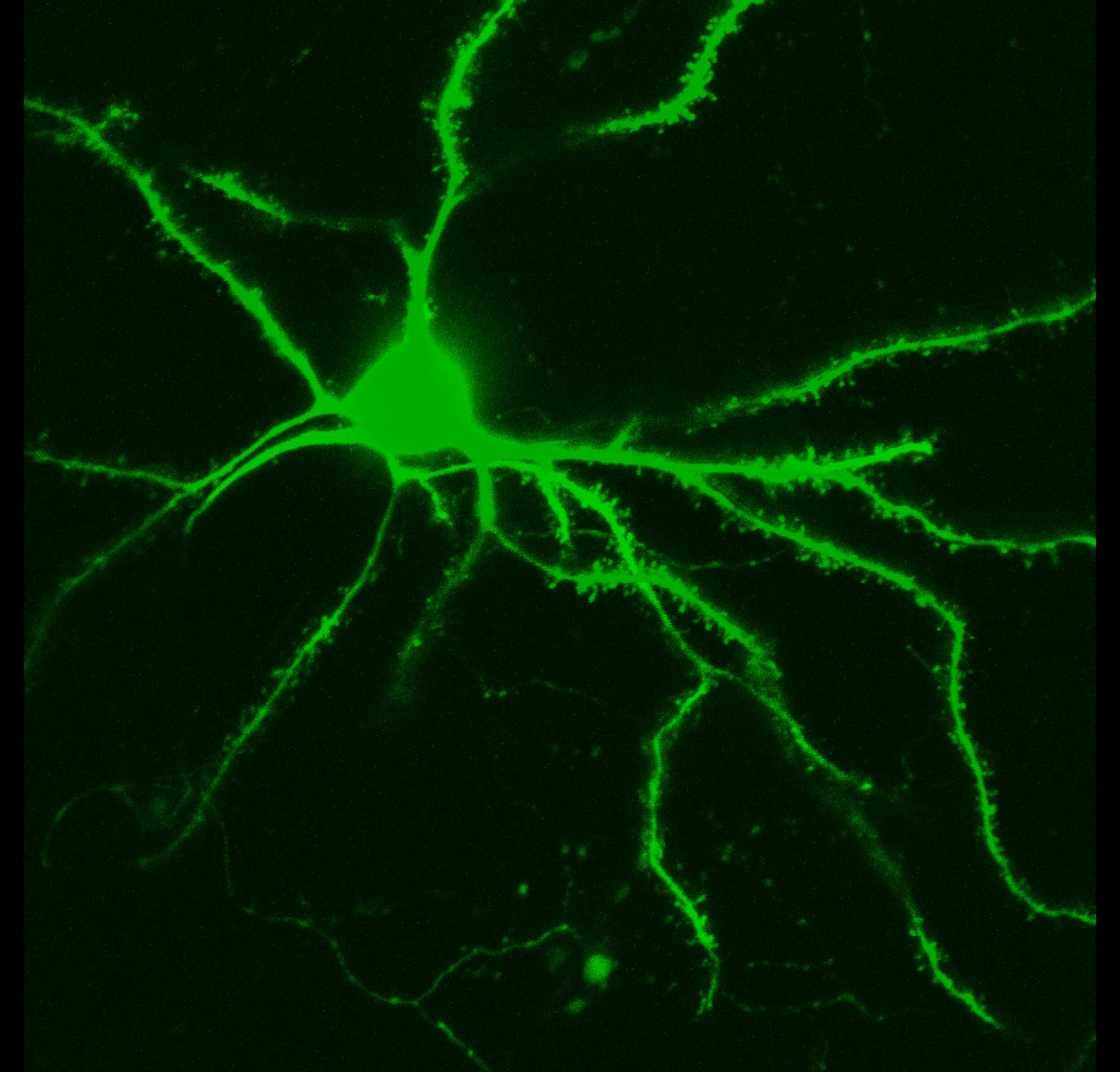Screening for autism spectrum disorder (ASD) has become a common practice in various countries and settings to detect the condition at an early stage. Numerous studies have examined the efficacy of screening procedures and tools such as the Modified Checklist for Autism in Toddlers, Revised with Follow-Up (M-CHAT-R/F). However, the focus of these studies has typically been on follow-up care for children who screen positive for ASD.
In contrast, a recent study conducted in Iceland aimed to assess the effectiveness of ASD screening in identifying the condition early on. The study involved cluster randomization and compared the rate of ASD in a group invited to a screening program with rates in two control groups receiving usual care. The study included all children registered for their 30-month well-child visits at primary healthcare centers (PHCs) in Iceland, with a total of 7173 children eligible for screening.
In this study, nine PHCs in the capital area of Reykjavik were selected for the intervention group (invited group), while eight PHCs received usual care (control group 1). PHCs outside the capital area were not randomized and served as control group 2. An interdisciplinary team comprised of a pediatrician, a psychologist, and a social worker diagnosed ASD cases based on a consensus reached using the ICD-10 diagnostic system.
During the two-year follow-up period, 119 cases of ASD were identified, resulting in an overall cumulative incidence of 1.66. The incidence rate of ASD was found to be 2.13 in the invited group, 1.83 in control group 1, and 1.02 in control group 2. While the incidence rate was higher in the invited group compared to the control groups, the wide confidence intervals prevented the researchers from drawing conclusive results regarding the efficacy of screening for ASD.
This study is unique in its approach as it utilizes cluster randomization to evaluate the effectiveness of ASD screening. While previous studies have focused primarily on follow-up care for children identified with ASD, this study sought to determine whether screening could lead to earlier detection of the condition compared to usual care.
The research team acknowledges that similar studies have been planned to include screening for ASD along with high-quality treatment and long-term follow-up. However, the study in Iceland stands out as the first of its kind to employ randomization in evaluating ASD screening. The authors hope that the results of this study will contribute valuable insights to the ongoing debate on the efficacy of screening for ASD.
The study is part of a larger project on ASD screening at the 30-month well-child visit in primary healthcare centers in Reykjavik. Previous phases of the project focused on educating healthcare professionals and implementing ASD screening using the M-CHAT-R/F tool. The current phase aimed to determine the rate of ASD in children invited to screening compared to those receiving usual care.
Overall, the study highlights the importance of evaluating the effectiveness of ASD screening in identifying the condition at an early stage. By utilizing a randomized approach, the researchers in Iceland have made a significant contribution to the existing literature on ASD screening, paving the way for further research in this area.


